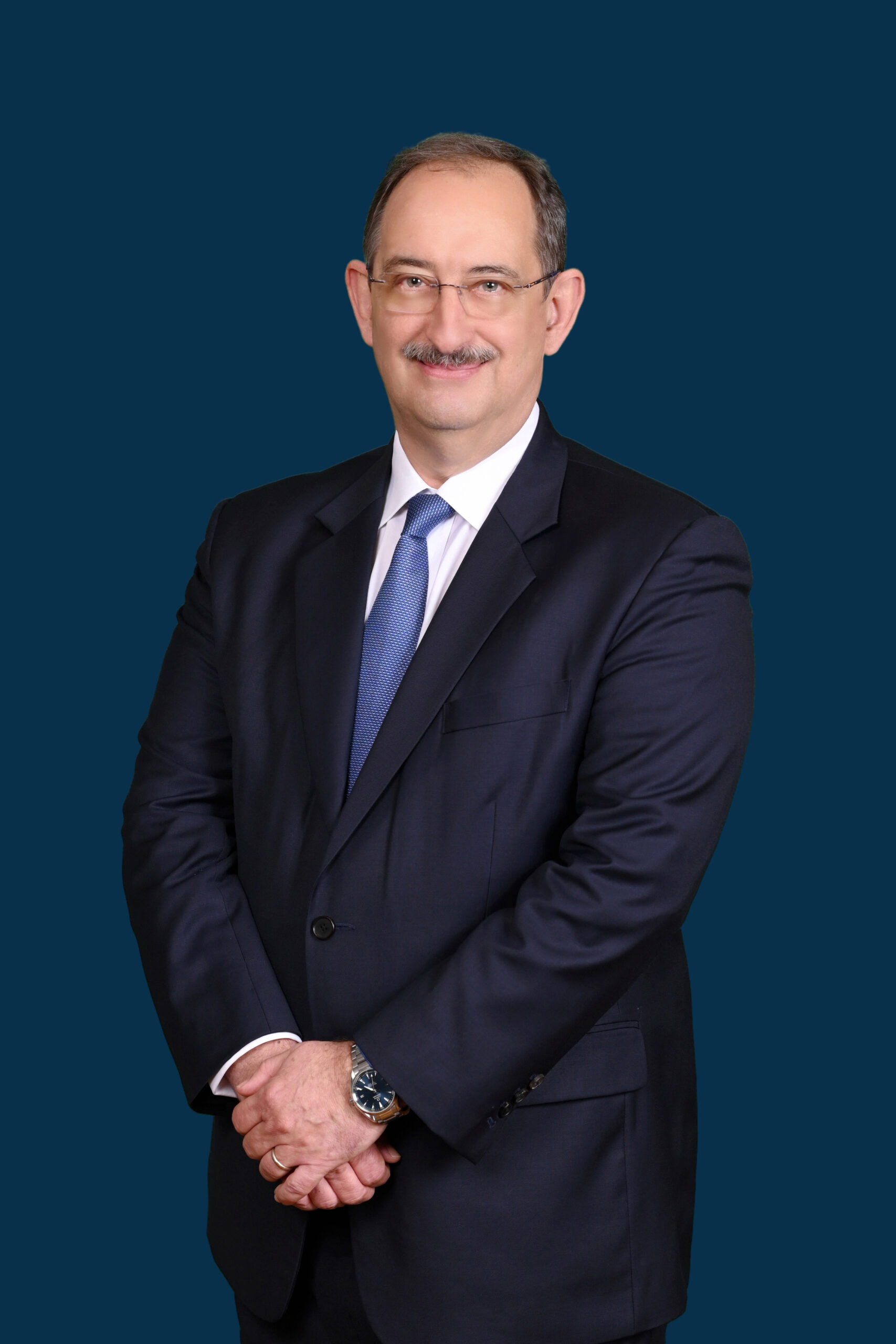The biennial Sea Asia event is back for its 8th edition, virtually this time from 21 to 23 September 2021. As Asia’s leading maritime marketplace, Sea Asia 2021 serves as the prime platform for discussion on key issues at the intersection of decarbonisation, technology, innovation, and talent.
Kicking off the three-day event, Singapore Maritime Foundation’s Chairman, Mr Andreas Sohmen-Pao, conducted a fireside chat with Singapore’s Minister for Transport & Minister-in-charge of Trade Relations, Mr S Iswaran. They spoke on how the Covid-19 pandemic has had a wide-ranging impact on global trade and economic sectors such as maritime, as well as and the vital role that talent plays as the bedrock of the industry’s growth.
“When you think about the longer term, one major issue is also how technology is going to change the way businesses are conducted.” – Mr Iswaran on how COVID-19 has driven industry transformation.
Broadly, Singapore’s annual economic growth for 2021 is forecasted at 6% by the International Monetary Fund. Yet, Covid-19 has introduced a mixed bag of transitory and lasting effects, triggering systemic change—the expedition of industry digitalisation being one of them, as observed by Minister Iswaran.
With maritime embracing digitalisation, physical capabilities must also be strengthened alongside technological infrastructure to ensure the smooth and efficient passage of physical goods. digitalOCEANS (Open/Common Exchange And Network Standardisation), an informational platform that facilitates cross-border data exchange created by the Maritime and Port Authority of Singapore (MPA), is one such example.
Apart from improving system efficiency, digitalisation has a spillover effect on achieving Maritime Singapore’s decarbonisation goals.
“Sustainability is already an important consideration, and it is only going to be more so in the future. Whether you are in the shipping line or port operator, we need to consider the issue of sustainability. It is not just about cost but also about compatibility.” – Mr Iswaran on sustainability being a shared responsibility.
Taking a leaf out of aviation’s book, Minister Iswaran cites how shortening aircraft dwelling and navigation time drastically reduces fuel usage. Similarly, digitalPORT by MPA addresses the issue of the idle ship waiting time by providing timely information. As the industry moves towards sustainable fuel alternatives, systemic efforts and industry support are required to drive the fulfilment of long-term sustainability goals, especially for what he identifies as an “urgent task.”
Considering its global impact, sustainability requires the concerted efforts of regulatory bodies, businesses, and individuals.
“It [Sustainability] is a global common challenge and we require a global common solution that can be applied across the board.”- Mr Iswaran on harmonising global standards to reduce carbon footprint.
While maritime organisations navigate the relatively uncharted waters of decarbonisation, both domestic and global regulatory bodies need to implement clear standards on issues such as carbon pricing. The maritime ecosystem comprises businesses, unions, regulatory bodies, and individual stakeholders, experiencing diverse perspectives.
“It is important that businessmen and business leaders understand that this is also a shared responsibility. When businesses embrace technology, we want employees to know that they will also be looked after.”- Mr Iswaran on why public-private cooperation is required for skills upgrading.
As Maritime evolves digitally, building a future-ready workforce has never been more pertinent. To complement governmental skills upgrading efforts such as SkillsFuture, organisations are encouraged continue building the capabilities of existing talent while attracting new members into the pool.
Besides retention, grooming new talent was another key focus of this conversation. Harkening back to Singapore history as a trading port, he affirmed the nation’s commitment to developing both software and hardware to retain its position as a leading International Maritime Centre. This presents countless opportunities, especially with digitalisation and sustainability, and the Minister beckoned youths to explore maritime as a career.
After all, “this is an industry with a very compelling value proposition”, says Minister Iswaran, where one can forge a lasting career.





